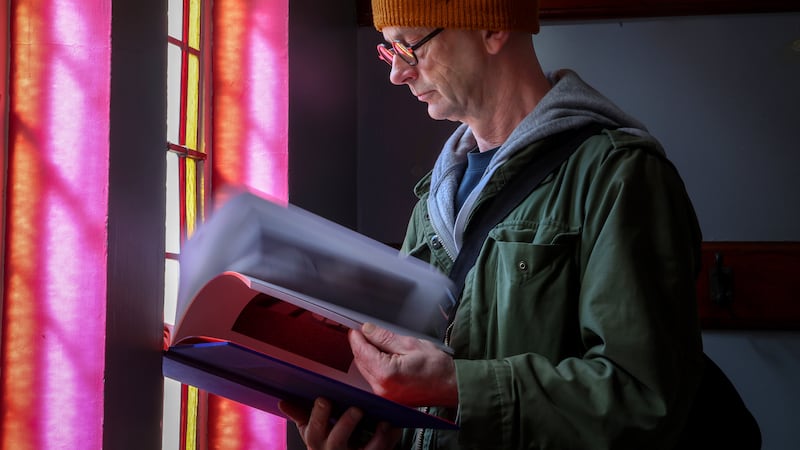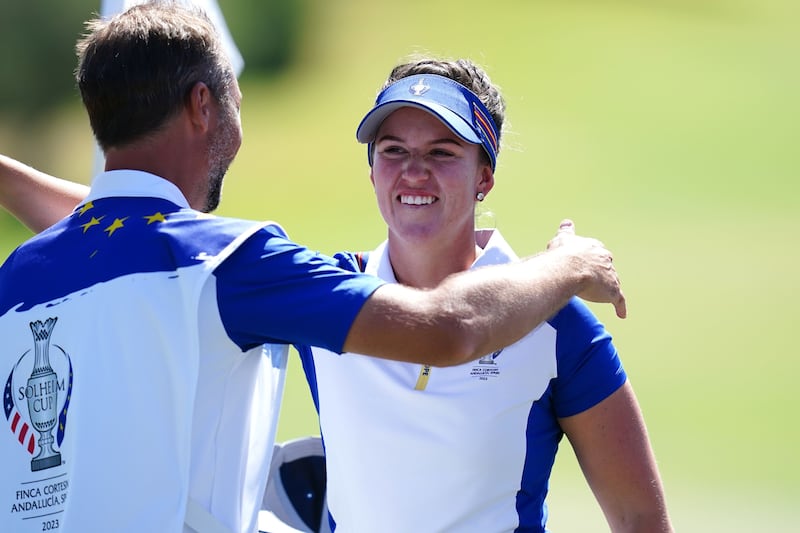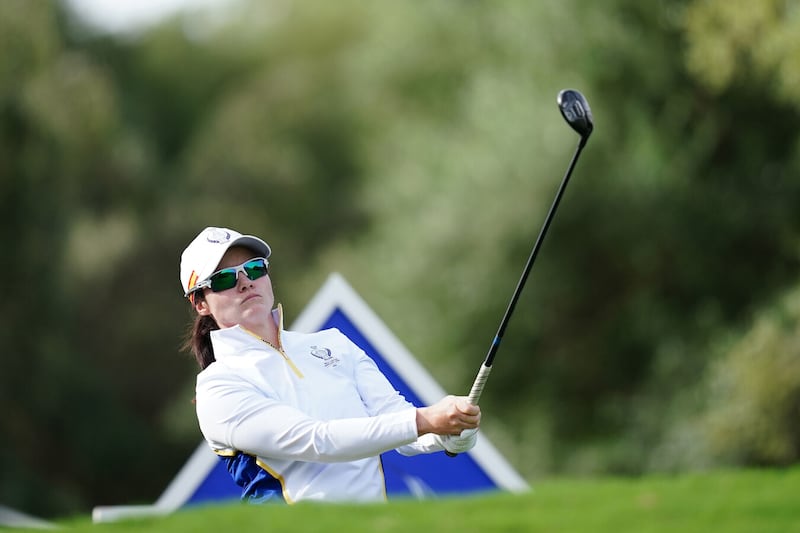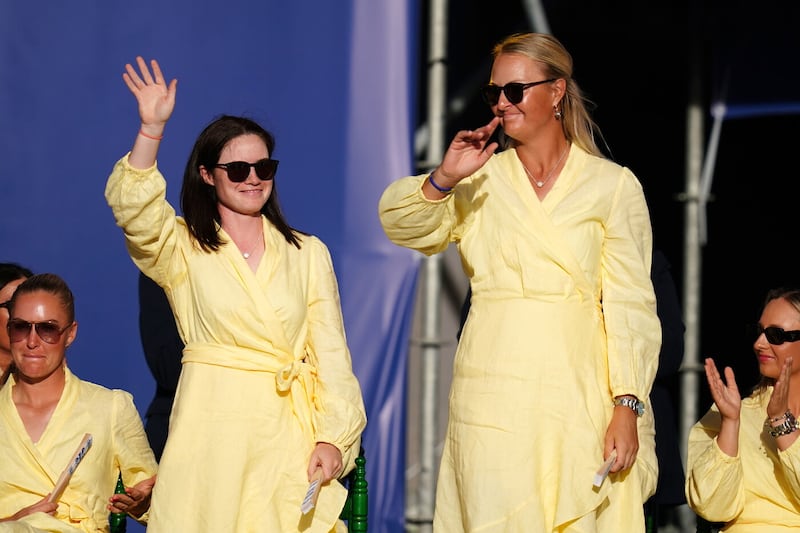Crime and Punishment, Channel 4, Monday at 9pm
You couldn't help but sympathise with Paul Bousell when he pleaded with a parole board to be released.
The armed robber had spent seven years in jail despite being sentenced to just four years for robbing a shop armed with a knife.
Bousell (is it appropriate to say?) is a ‘victim’ of an Indeterminate Public Protection (IPP) sentence which means that he’s in jail for the rest of his life unless he can convince parole commissioners that he is not a danger to the public.
It seems reasonable on the face of it. After all, one of the main jobs of the justice system is to protect the public from prolific offenders, but what if not having an end date to his sentence to focus on is making Bousell more violent in prison?
And he’s not alone. When Labour introduced the legislation in 2003 during their “tough on crime, tough on the causes of crime” drive, it expected IPP to be used on a couple of hundred extreme cases.
Instead judges quite liked the new powers and used IPP almost 9,000 times. Crime and Punishment reported that 3,429 IPP prisoners remain in the system despite the UK government losing at the European Court of Human Rights. The overturning of the law was not retrospective, so sentenced IPP prisoners are still in the system.
It would be unfair to be too critical of Labour and Home Office minister David Blunkett. IPPs were a response to the horrendous Sarah Payne case. It correctly outraged her poor family and the public when it emerged that her killer Roy Whiting had served just four years for a previous child abduction and the paedophile had been released back onto the streets with limited supervision.
And undoubtedly many of the more than 3,000 IPP prisoners are extremely dangerous men whom it is right to keep off the streets.
Still, I couldn’t help but reflecting that it such a law such as IPP was introduced now it would be labelled ‘Trumpian’ and there would rightly be a campaign against it. I guess these mostly bad men in prison have just been forgotten.
Crime and Punishment, which was filmed over two years, promises to explore the work of the police, prosecution, parole and prison service over six episodes. It started excellently.
***
Solheim Cup, Sky Sports and BBC 2, Sunday
It’s a pity the Solheim Cup didn’t get more free-to-air coverage because Suzann Pettersen’s performance was probably the most memorable in sport this year.
The Norwegian won the final match and the cup for Europe after playing in just three tournaments since taking time off to have a baby.
Yet, the 38-year-old sank the winning putt and then, triumphant, promptly resigned from professional golf.
Skill, guts, the ability to perform under extreme pressure, a close contest and drama are the markers of great televised sport, and the Solheim Cup had them all.
It was the best edition of the competition since Europe won another close match in Co Meath in 2011.
Sky Sports did its usual professional job on the biennial match between Europe and the US and fair play to the BBC for broadcasting an hour of highlights each evening, but the review of the final day’s stunning play was poor.
Elidh Barbour did a solid presenting job and Peter Allis was his brilliant self in the commentators’ box, but the editing was not up to standard.
I’d watched most of it live earlier in the day and I still couldn’t make out when the BBC has switched matches or what the state of the game was.









